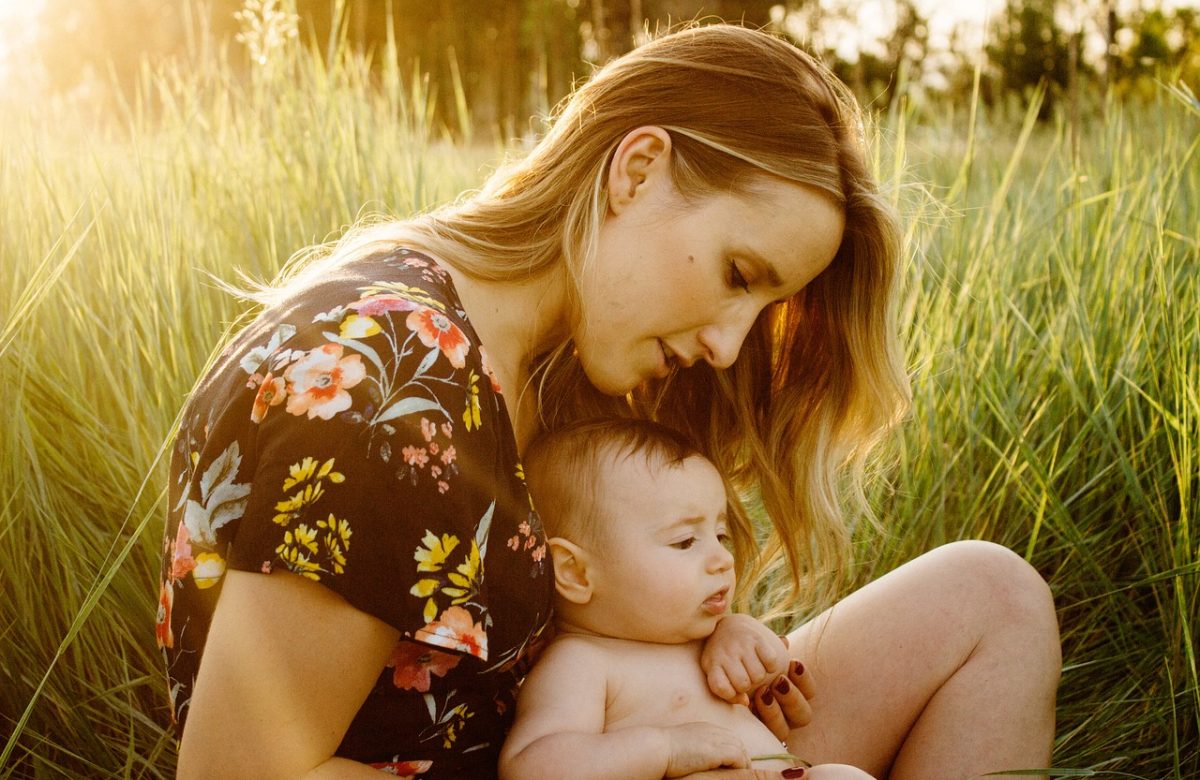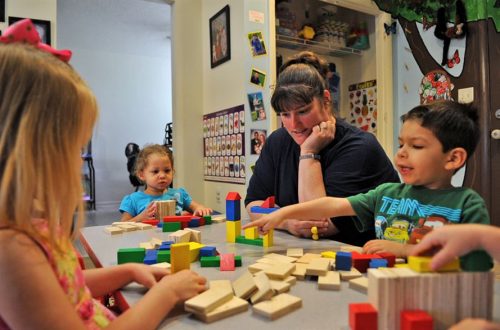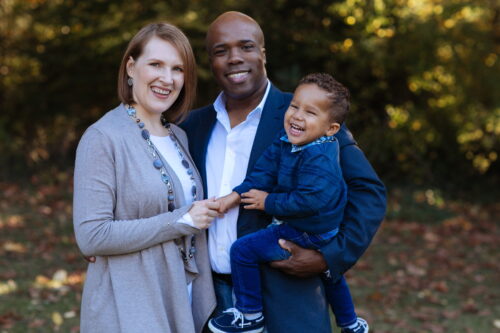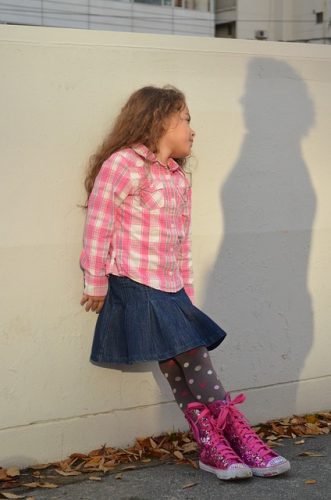In a world that often celebrates the loudest voices, parenting a shy child can feel like navigating uncharted waters. Shyness, with its quiet presence, is a trait that doesn’t always get the understanding it deserves. Yet, within these gentle spirits lies a spring of potential waiting to be nurtured. This guide is crafted for you, the dedicated parent, who seeks to understand, support, and empower your shy child.
In this article, we’ll explore the intricacies of shyness and uncover strategies to help your child blossom in their own unique way. From fostering effective communication to building confidence and resilience, our goal is to transform challenges into opportunities, ensuring your child not only navigates the world comfortably but thrives in it with quiet courage.

Recognizing Shyness In Your Child
Understanding the signs of shyness in your child is a crucial step towards offering them appropriate support. Common indicators include:
- Avoiding eye contact
- Preferring to play alone
- Being unusually quiet in group settings
These behaviors often emerge more noticeably in unfamiliar environments or when encountering new or unfamiliar people.
Differentiating Shyness From Introversion
It’s essential to distinguish between shyness and introversion. While introverted children may enjoy solitary activities and be less outwardly social, they do not necessarily experience the anxiety in social or unfamiliar situations, that characterizes shyness. Recognizing this difference allows for a more tailored approach to supporting your child.
Exploring The Roots Of Shyness
Shyness can stem from various factors, such as fear of the unknown, past experiences, family relationships or inherent temperament. Observing your child in a different social situation can help identify specific triggers.
Engaging them in open-ended conversations about their feelings can further aid in understanding their perspective.
The Impact Of Shyness On Child Development
Shyness can have a profound impact on various aspects of a child’s development.
Challenges In Social Interactions
Shy children often find social interactions daunting, impacting their ability to develop essential communication and social skills, and form relationships. This challenge can lead to feelings of loneliness or social isolation if not adequately addressed.
Academic Hurdles
In educational settings, shy children might be reluctant to participate in discussions or ask questions, possibly affecting their learning and engagement. Educators may misinterpret shy behaviour or their quietness as disinterest or misunderstanding, potentially leading to less support.
Self-Esteem And Confidence
A shy child’s continual anxiety in social situations can negatively impact their self-esteem. Feeling different from friends and peers or less capable in certain situations can diminish their self-worth, making them hesitant to engage in new experiences or take on challenges and have fewer friends.
Nurturing Shy Children
However, with supportive parenting, shy children can learn to manage their shyness effectively with any new person they meet. Parents play a pivotal role in helping their children develop:
- Resilience
- Empathy
- A strong sense of self
By understanding and nurturing their unique qualities, parents can transform potential obstacles into strengths, aiding their child’s overall development.
Effective Communication Strategies
Communication is the bridge that connects us to our children’s inner world. For shy children, this bridge needs to be built with extra care and understanding. Effective communication strategies are key to encouraging shy children to express themselves and feel heard.

1. Practicing Active Listening
Active listening is a powerful tool for communicating with shy children. It involves:
- Giving them your full attention
- Acknowledging their feelings
- Responding without judgment
This approach shows your child that their thoughts and feelings are valued, which can encourage them to open up more.
2. Encouraging Expressive Communication
Create opportunities for your child to express themselves in comfortable settings. This could be through art, writing, or play. Encourage them to share their creations or thoughts, and respond with interest and encouragement.
For verbal communication, ask open-ended questions that invite them to talk and elaborate on their thoughts and feelings.
3. Building A Vocabulary For Emotions
Helping your child develop a rich vocabulary for their emotions can make it easier for them to articulate their feelings. Use daily interactions to name and discuss different emotions, both yours and theirs.
This not only aids in emotional literacy but also fosters a deeper emotional connection between you and your child.
Building Confidence In Shy Children
Confidence is like a muscle that needs regular exercise to grow stronger. For shy children, building confidence can be a gradual process that requires patience and consistent encouragement from parents.
POSITIVE REINFORCEMENT
Acknowledge and celebrate your child’s strengths and achievements, no matter how small. Positive reinforcement can boost their self-esteem and encourage them to take on new challenges. Focus on their efforts rather than the outcome, emphasizing the value of trying and learning.
CELEBRATING SMALL ACHIEVEMENTS
Recognize and celebrate the small steps your child takes in overcoming shyness. These moments of social interaction are significant milestones that deserve recognition and praise, especially when children feel shy, whether it’s:
- Speaking to someone new
- Participating in a group activity
- Expressing a need
ROLE-MODELING CONFIDENCE
Children often emulate their parents’ behaviors. By demonstrating confidence in your actions and interactions, you can serve as a role model. Show them how to:
- Navigate social situations
- Handle setbacks positively
- Express themselves assertively
Creating A Supportive Environment at Home
Home is more than just a physical space; it’s the emotional and psychological sanctuary where children can grow and flourish. For shy children, the home environment plays a crucial role in shaping their sense of security and self-worth.
CREATING SAFE SPACES FOR EXPRESSION
Ensure your home is a safe and accepting place where your child feels comfortable expressing themselves. This might involve having a special area where they can retreat to or engage in activities they enjoy, away from external pressures.
INVOLVING SIBLINGS IN SUPPORTIVE ROLES
If your child has siblings, involve them in creating a supportive environment. Encourage siblings to understand and respect their shy brother or sister’s temperament. This can foster a supportive family dynamic, helping your shy child feel secure and loved.
CONSISTENT AND PREDICTABLE ROUTINES
Children, especially those who are shy, benefit from consistency and predictability. Establishing routines provides a sense of security and helps shy children prepare mentally for the day ahead. Predictable routines can reduce anxiety and build confidence in managing day-to-day activities.
By implementing these strategies, you can create a nurturing environment that supports the development of your shy child, helping them grow into a confident and well-adjusted individual.

Encouraging Independence And Decision Making
As parents, one of our primary roles is to nurture and guide our children as they journey through life. When it comes to raising shy children, fostering independence and decision-making skills takes on added significance. It’s a delicate balance—providing support while encouraging autonomy.
We’ll explore how empowering your shy child to make choices and decisions can be a transformative step in their development.
PROMOTING AUTONOMY
Encouraging independence is a vital aspect of nurturing shy children. As they grow, it’s essential to give them opportunities to make decisions, even if they are small. These decisions could include:
- Choosing their outfits
- Deciding on an afternoon activity
- Picking a book to read
When children have the chance to make choices, it fosters a sense of autonomy and control over their lives, which can boost their confidence.
Age-Appropriate Choices
Ensure that the choices you offer are age-appropriate and align with your child’s abilities and maturity level. This prevents them from feeling overwhelmed or pressured by decisions that are too complex for their age.
Gradually increase the complexity of choices as your child grows and gains more experience in decision-making.
LEARNING FROM MISTAKES
Mistakes are a natural part of learning and growing. Encourage your shy child to see mistakes as opportunities for growth rather than failures that could become one of the reasons of toddler tantrums. When they make a choice that doesn’t turn out as expected, discuss it with them in a non-judgmental manner.
Help them understand what went wrong and how they can make better choices in the future. This resilience-building process instills valuable life skills and the confidence to navigate challenges.
COLLABORATING WITH EDUCATORS AND COUNSELORS
Education is a collaborative effort involving not only parents but also educators and, at times, professional counselors. When you have a shy child, effective collaboration with those adults who play a role in your child’s academic and personal development is essential.
Let us delve into the importance of working closely with teachers, counselors, and educational professionals to ensure a holistic approach to supporting your shy child’s growth and well-being.
IMPORTANCE OF SCHOOL INVOLVEMENT
Your child’s educational environment is a significant part of their life, and collaborating with educators is essential. Start by building a positive and open relationship with your child’s teachers.
Share insights about your child’s own shyness, their strengths, and any challenges they may face. This communication can help teachers tailor their approach to better support your child’s needs.
Seeking Professional Advice
In some cases, collaborating with counselors or child psychologists can be immensely beneficial. Consider seeking professional advice if your child’s shyness significantly affects their:
- Well-being
- Academic performance
- Social interactions
Counselors can provide strategies and techniques to address shyness and related challenges. Collaborating with counselors creates a strong support network that nurtures your child’s growth. By emphasizing this teamwork in parenting, you’re setting up a nurturing and inclusive space where your shy child can flourish and embrace their special talents.
To Wrap Up
Shyness is not a hurdle to overcome, but a characteristic to be embraced and nurtured. Through understanding, patience, and the right support, your child can grow into a confident individual, equipped to make new situations and face the world with their own brand of quiet strength.
Remember, the role you play in this journey is invaluable. Your guidance, love, and acceptance are the pillars that will support your child as they step out into the world, not just as someone who is shy, but as someone who is wonderfully complex, deeply thoughtful, and brimming with potential.
Here’s to celebrating each small step, each quiet victory, in the beautiful journey of raising a shy child.
Frequently Asked Questions (FAQs)
What parenting type is associated with shyness?
How do you build confidence in a shy child?
How do you coach a shy child?
What age do most children grow out of shyness?
What is the psychology behind shyness?
What are the roots of shyness?
What activities help with shyness?
How do you overcome shy behavior?
How do I help my shy child be more social?
How do I help my shy child be more social?
What are the 4 types of shyness?
Should you push a shy child?
Is shyness considered autism?
What classes are good for shy children?
What are the symptoms of extreme shyness?
How can I make my 8 year old more confident?































